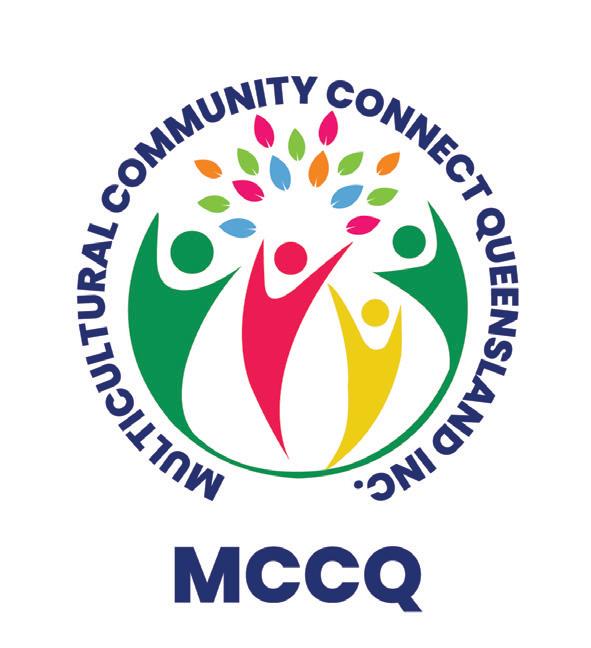
4 minute read
OUR TAKE Be brave and fight Domestic Violence
Brisbane, May 2, 2024
Article written by Amrita Deshpande (Editor. MCCQ and New Media Artist)
As migrant women, many tend to fear to voicing their concerns about domestic violence. Many a times it is cultural that the man in the family controls the entire household. However, if that control is resulting into chronic violent behaviours then one must seek help, and protect themselves.
Recent incidents that have happened in Brisbane and elsewhere in Australia where 28 women have died in the past year because of domestic violence issues suggests that there is a need to implement an easy access help network for multicultural women to seek help when they are falling into the situations of domestic violence.
Women who are of the multicultural background are never made aware of their rights and supports they have in Australia when faced with domestic violence and coercive control issue. The rights and supports must be the first document that every multicultural women receives when she emigrates to Australia.
Ofcourse many may not have the language skills to understand the document if it is in English, hence translating into atleast the top ten languages of the migrant population of Australia in which domestic violence is seen on the rise will be beneficial.
Government has in the past implemented schemes, programs, workshops etc. on domestic violence, fighting the violence against women, yet the situation has not improved. The programs and the awareness building efforts on behalf of the government aren’t reaching the multicultural women. Involvement of community leaders from various ethnic organisations is a key to bridge the gap.
Providing training to ethnic community organisation leaders to recognise, support, and organise interventions for domestic violence situations in their community may help alleviate the situation for that particular community. It will also help women trust their leaders and approach for help when subjected to a violence situation. The department of police, Challenge DV, Bangles Foundation and the community organisations must work together to eliminate the occurrence of violence in the community.
Trust is a major issue when it comes to multicultural women to say the truth. In many cultures especially the Asian cultures, women will not speak out, as they are taught and groomed to keep situations that occur at home in the home. This patriarchal ideology inculcated into the brains of Asian women right from birth, it becomes extremely difficult for Asian women to take the step forward and speak up. This phenomenon is true for both educated as well as non-educated women. Family pride and prestige is considered to be the most important and it is often a duty to protect it for all members of the family. Hence, when women are in a domestic violence situation, where the man in the family is the perpetrator, who is the head of the family, whose pride and prestige is often protected by rest of the family, going against the man or men is extremely difficult for the women. Moreover, even if she steps out and tries to express her feelings to others outside the family, she will be further controlled and isolated.
Service providers often wait for the victim to approach them and take the first step. Unless the women herself approaches the service providers, they cannot interveen or take steps to help the women. Hence, it is extremely necessary for the women to be bold and brave to step forward and say something to improve her situation and not fall a prey to the violent behaviours in the home.
To empower women to take action against violent situations, they need safe spaces to express the truth, they need protection from the perpetrators, they need to know their rights in such situations, they need to know what will happen of them if they step forward to report the situation. They need to have safe spaces for their children. They need to know what may happen to their children. And most important is who to approach and how to approach when faced with domestic violence situation. Unless the above questions are resolved for women of multicultural background, they may not step forward to voice their situation and seek the most needed support from the government or the service providers.
Fear is thus the number one reason for many women to continue to live in the domestic violence scenarios.










